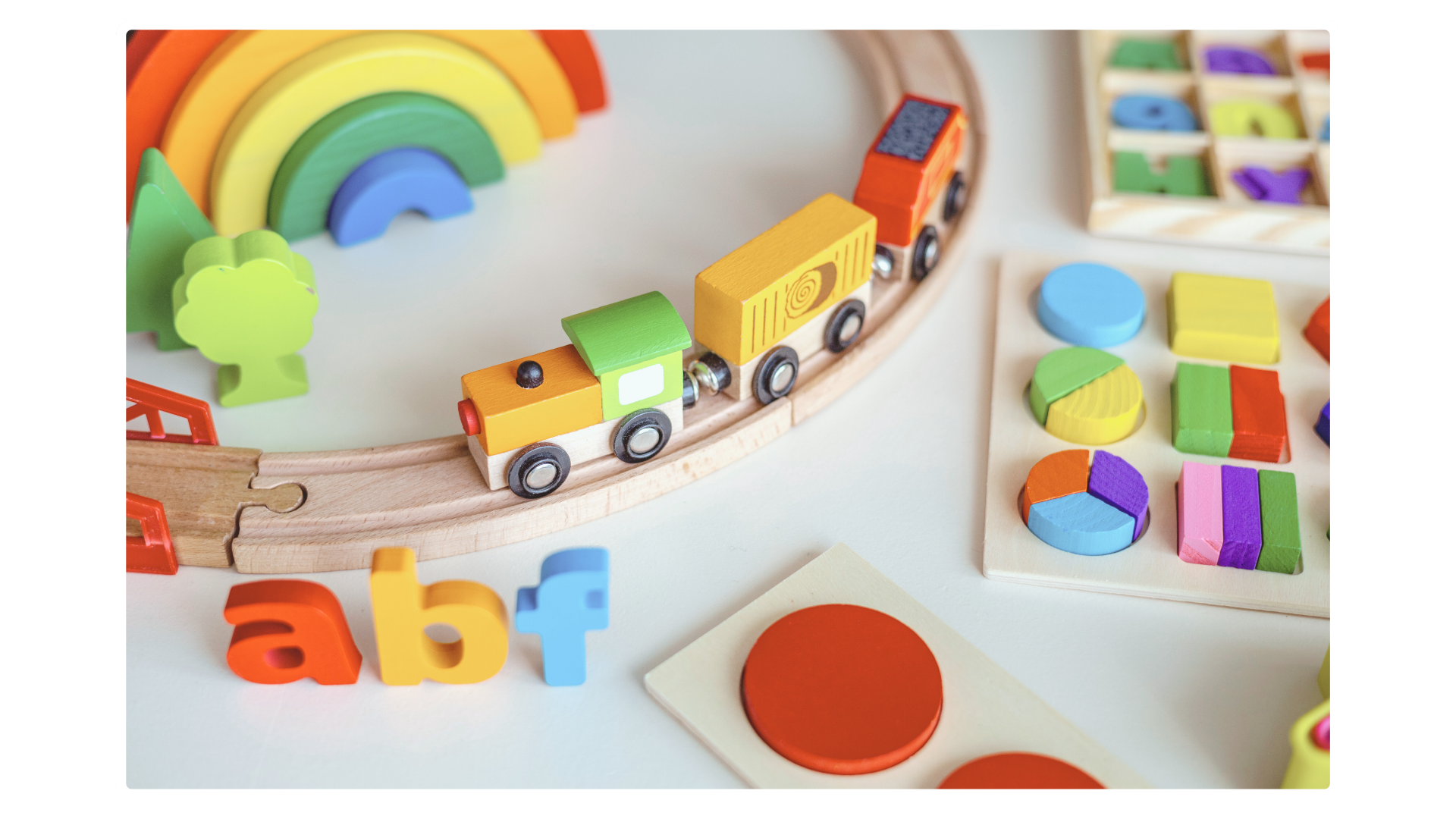The benefits of foreign language learning for children
Discover the many benefits of teaching foreign languages to children as young as 3 years old. There are many, and the benefits are multiplied tenfold when learning is done through play.
2 min read


The Benefits of Early Language Learning in Children: Key to Their Development
Numerous studies have revealed the benefits of language learning from a young age. Between the ages of 3 and 6, children are at their prime for acquiring language skills: their capacity for imitation is at its peak, their curiosity is intense, and they lack the fear of ridicule that adolescents may experience (Hagège, C, 1996).
Other studies have also observed an improvement in the cognitive abilities of children who master multiple languages. In addition to learning a new languages, children can compare it to their mother tongue, thus enhancing their ability to analyze and understand the meaning of words and syntax (Besse, A.S, Marec-Breton, N., Demont, Elizabeth, 2010). This "Reflexive Language Observation" (RLO), as described by Auger (2005), benefits not only the understanding of the mother tongue but also overall cognitive development.
Finally, children who learn foreign languages show an early openness to the world, becoming familiar with cultural differences and enriching their understanding of the world (Forlot, G, 2010).
Learning foreign languages also requires a conducive environment where children feel comfortable, valued, and respected. The individual skills of each child must be recognized and directed towards specific goals. This approach, as proposed by Mihaly Csikszentmihalyi in his work "Flow: The Psychology of Optimal Experience" (2005), promotes effective and satisfying learning.
Learning Foreign Languages Through Play
During early childhood, children construct their reality through play, imitating everyday situations and exploring various forms of expression (Rayna, S, 2004). Play not only stimulates cognitive development but also facilitates socialization and the construction of the child's identity (Godot, S, 2016).
It is essential that language learning is based on action, allowing the child to physically experience and develop motor skills (Brisset, C, 2012). Additionally, contact with other children of the same age reinforces learning by sharing gestures and responses to stimuli (Rayna, S, 2004).
In summary, early language learning, combined with a playful and participative approach, not only enriches children's language skills but also strengthens their overall cognitive, social, and emotional development.
Do not hesitate to visit our services page or our FAQ page to know more about our programs and pedagogy!
The benefits of early foreign language learning for children: A key asset for their development
In this article, we detail the numerous benefits and advantages of early foreign language learning in children. Learning can be as fun as playing!
